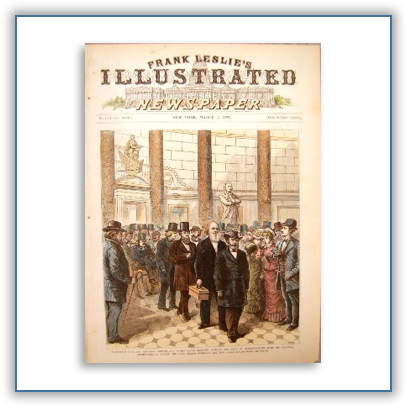Who will it be?: Survey says…
By David P. Schaeffer

If you look at the popular media and the polling, the democratic nominee has already won. If you look at the republican nominee, he should not have even made it to the convention. So much for the media and the pundits. The New York Times states on July 19th that Mrs. Clinton has 945 ways to win and Mr. Trump has 72 ways to win. Wow, that’s pretty amazing. I thought there was actually only one way to win. In comes the Electoral College. Not what you were thinking, huh. Remember in grade school we were taught, one person one vote? That’s just not how the presidential election works; never has actually. According to the US House of Representatives: Established in Article II, Section 1 of the U.S. Constitution, the Electoral College is the formal body which elects the President and Vice President of the United States. Each state has as many “electors” in the Electoral College as it has Representatives and Senators in the United States Congress, and the District of Columbia has three electors. When voters go to the polls in a Presidential election, they actually are voting for the slate of electors vowing to cast their ballots for that ticket in the Electoral College.” http://history.house.gov/Institution/Electoral-College/Electoral-College/Four times, a president was elected contrary to the popular vote. Four times, a candidate has won the popular vote and lost the election: Andrew Jackson in 1824 (to John Quincy Adams); Samuel Tilden in 1876 (to Rutherford B. Hayes); Grover Cleveland in 1888 (to Benjamin Harrison); Al Gore in 2000 (to George W. Bush). So how does one actually win the Presidential election? The archive for the US House of Representatives states: “Most states require that all electoral votes go to the candidate who receives the majority in that state. After state election officials certify the popular vote of each state, the winning slate of electors meet in the state capital and cast two ballots, one for Vice President and one for President Electors cannot vote for a Presidential and Vice Presidential candidate who both hail from an elector’s home state.” But that does not mean that’s the way the electors will vote. “Very rarely have electors voted for someone other than for whom they pledged. “Faithless Electors” have never decided a Presidency.” Confused? Me too! Is our system flawed? Probably. Does it provide for the fairest system of election? Probably. Do we the people actually have any idea what the person elected to the most powerful office on our planet will do once elected? Probably not.
Click here to read more
